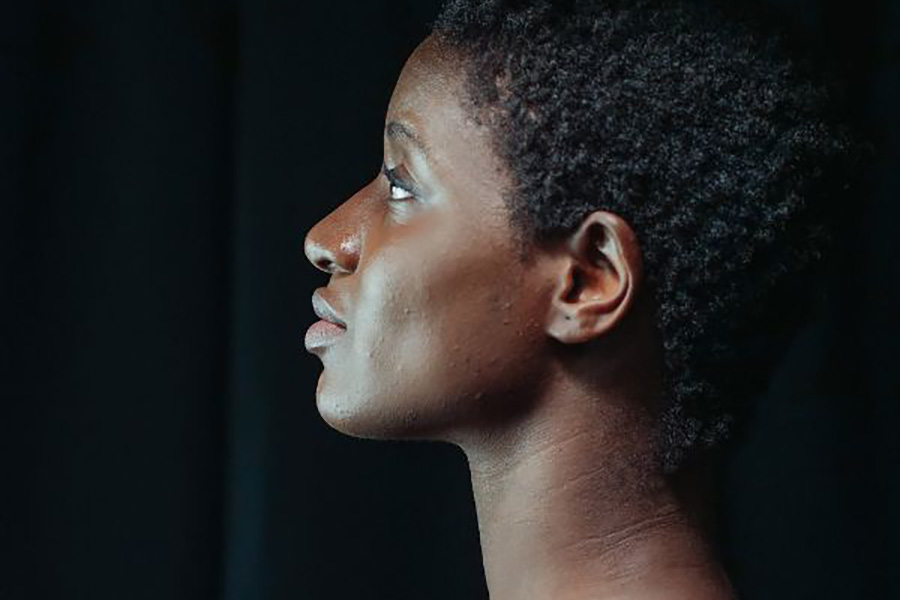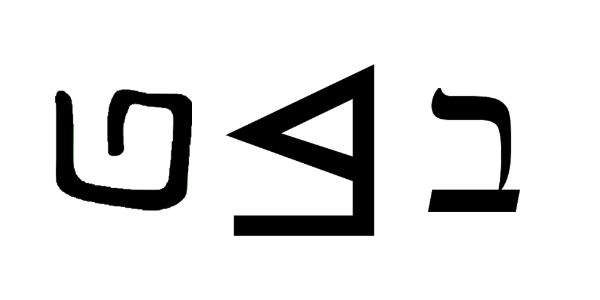« Back to Glossary Index
Categories: Body, War and Weaponry
Synonyms:
𐤀𐤆𐤍, ear
The word azan (𐤀𐤆𐤍) means “ear” meaning the organ of hearing and equilibrium in vertebrates, consisting of an external ear that gathers sound vibrations.
Extended Study for 𐤀𐤆𐤍 (azan)
To read the study guide entry that elaborates on 𐤀𐤆𐤍 (azan) then join our Extended Study Membership at https://www.paleohebrewdictionary.org/extended or use phdict.org/extended to share a short link with others.





